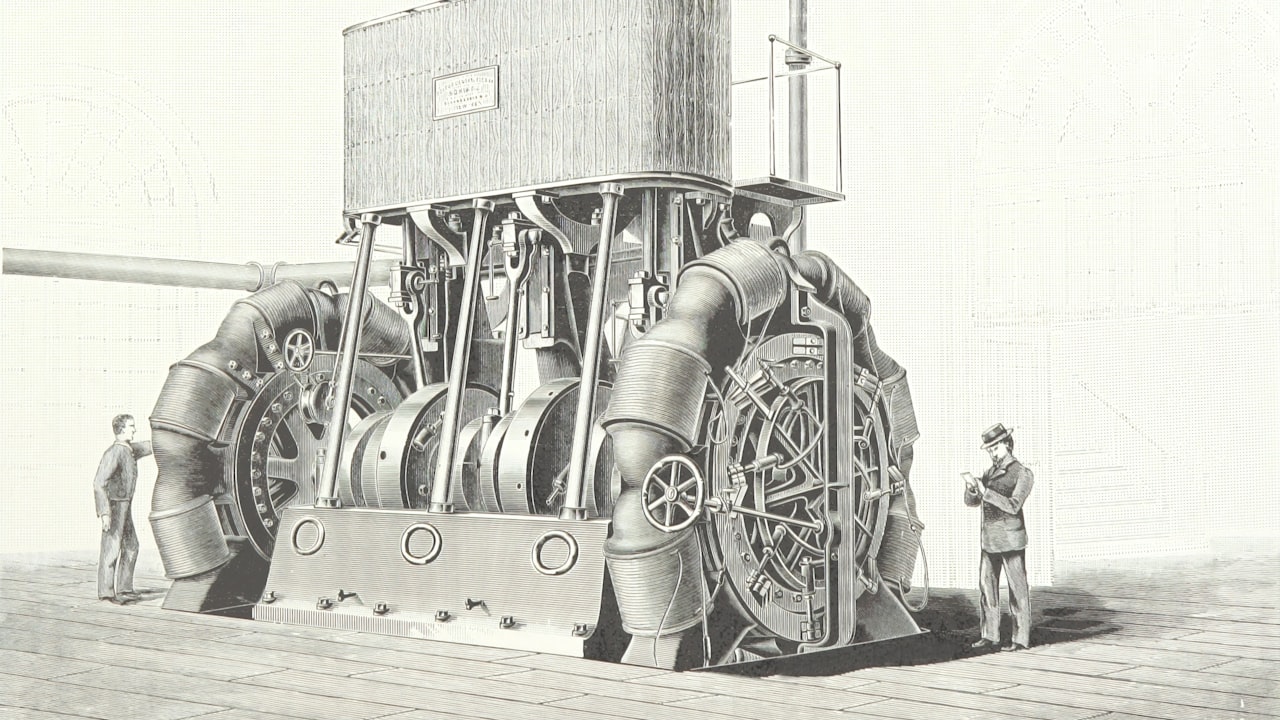Title: **The Evolution of Pharmaceutical Machinery: Advancements, Challenges, and Future Trends**
Pharmaceutical machinery has undergone significant transformations over the years, driven by technological advancements, regulatory requirements, and increasing demands for efficiency and quality in drug manufacturing processes. In this article, we will explore the evolution of pharmaceutical machinery, focusing on key equipment such as table press machines, capsule filling machines, and the latest innovations like TDP and THDP.
**Advancements in Pharmaceutical Machinery**
Tablet press machines play a crucial role in the pharmaceutical industry by compressing powdered materials into tablets of uniform size and shape. Over the years, these machines have evolved to become more efficient, precise, and versatile. Modern table press machines feature advanced control systems, high-speed production capabilities, and automatic monitoring functions to ensure consistent tablet quality.
Capsule filling machines, another essential equipment in pharmaceutical manufacturing, have also seen significant advancements. These machines now offer improved dosing accuracy, faster production speeds, and enhanced flexibility to accommodate different capsule sizes and formulations. The integration of automation and robotics has further optimized the filling process, reducing human error and increasing production efficiency.
**Challenges in Pharmaceutical Machinery**
Despite the technological progress in pharmaceutical machinery, manufacturers face several challenges in meeting evolving industry requirements. One of the primary challenges is ensuring compliance with stringent regulatory standards for equipment validation, calibration, and quality control. Maintaining operational efficiency while adhering to regulatory guidelines remains a constant struggle for pharmaceutical companies.
Another challenge is the need to adapt to changing market demands and product innovations. The pharmaceutical industry is constantly evolving, with new drug formulations, delivery systems, and packaging requirements driving the demand for more versatile and customizable machinery. Manufacturers must stay agile and invest in research and development to keep pace with these evolving trends.
**Future Trends in Pharmaceutical Machinery: TDP and THDP**
As the pharmaceutical industry continues to advance, new technologies such as TDP (Tablet Direct Compression) and THDP (Tablet Heat-Compression) are poised to revolutionize drug manufacturing processes. TDP machines eliminate the need for granulation or mixing steps by directly compressing powdered materials into tablets, reducing production time and costs significantly.
On the other hand, THDP technology utilizes heat and pressure to form tablets, offering advantages such as improved tablet homogeneity, solubility, and bioavailability. These innovative approaches not only streamline the manufacturing process but also enhance the quality and efficacy of the final drug products.
In conclusion, the evolution of pharmaceutical machinery has been marked by continuous advancements, ongoing challenges, and promising future trends. With the development of cutting-edge technologies like TDP and THDP, the industry is poised for further innovation and transformation in drug manufacturing processes. Pharmaceutical manufacturers must embrace these changes to stay competitive, drive efficiency, and ensure the production of safe and effective medications for patients worldwide.

 Title: “Revolutionizing Pharmaceutical Production: The Impact of Pharmaceutical Machinery”
Title: “Revolutionizing Pharmaceutical Production: The Impact of Pharmaceutical Machinery”



